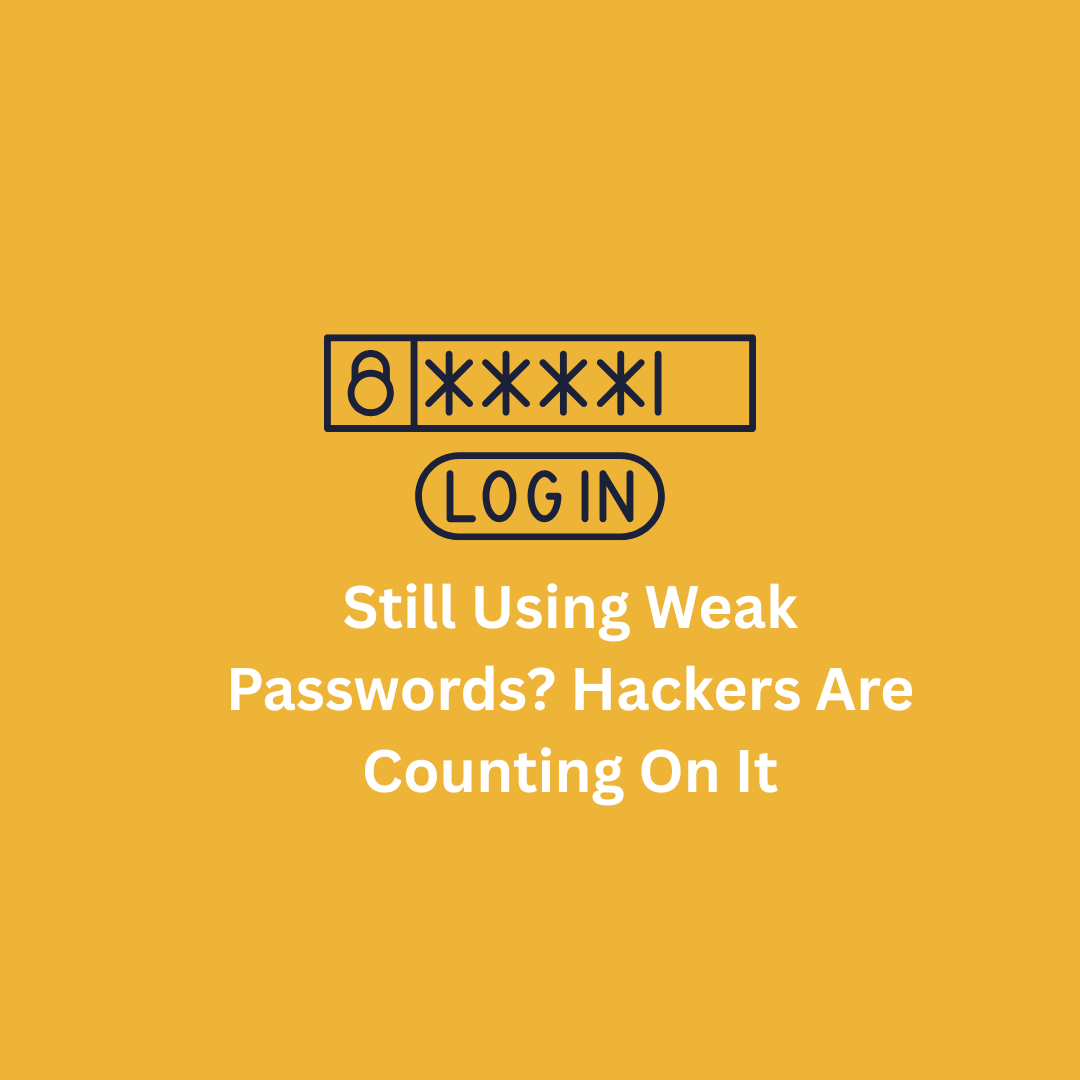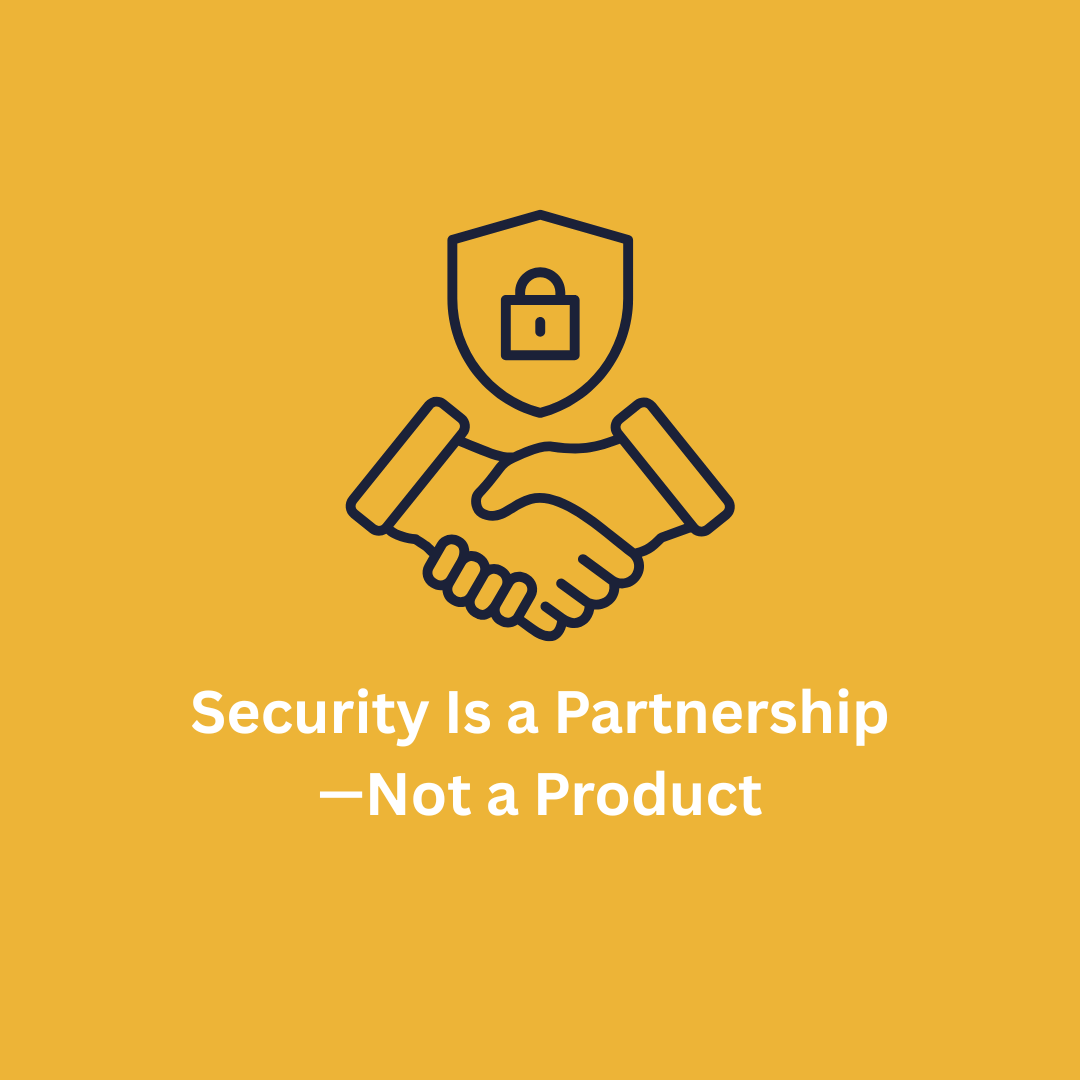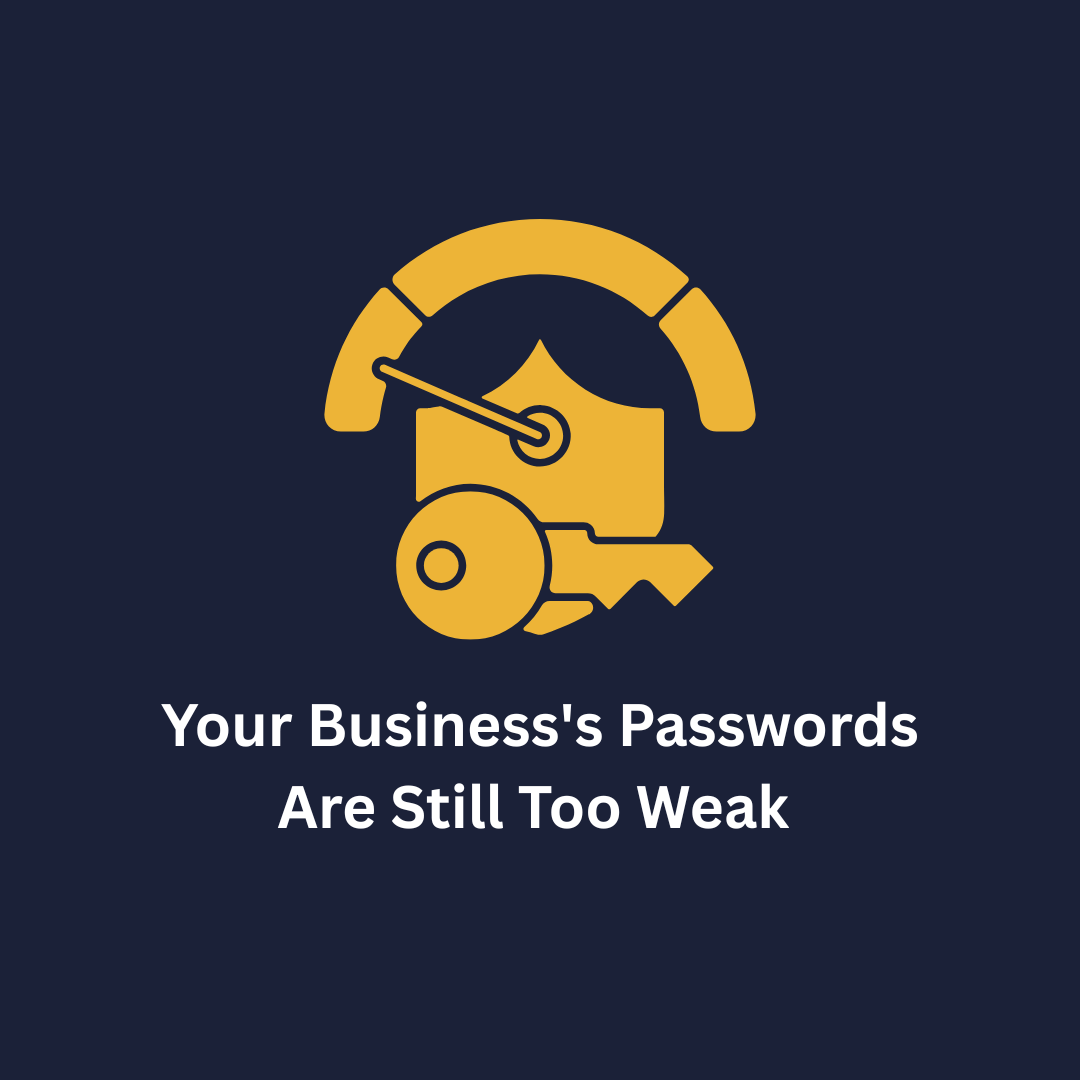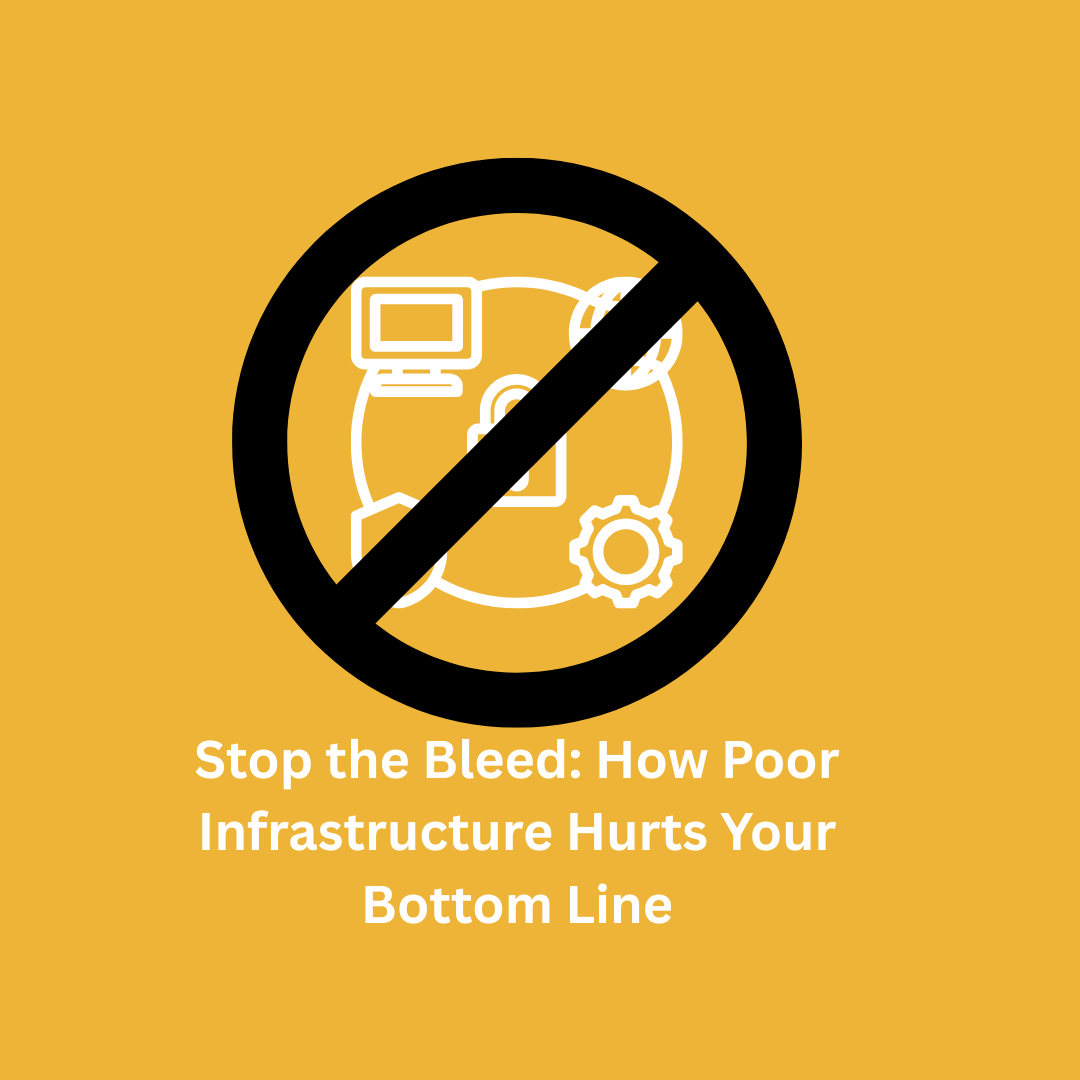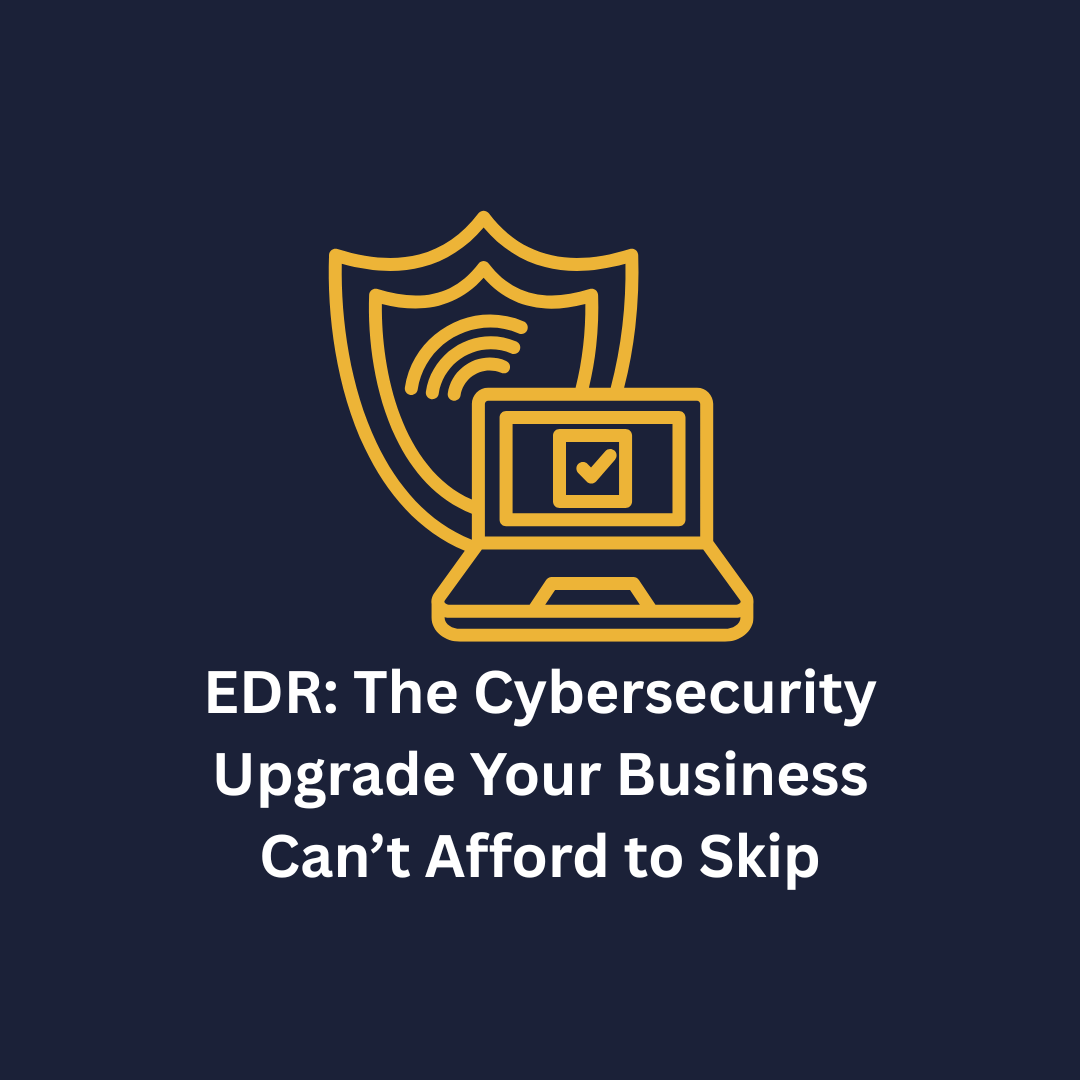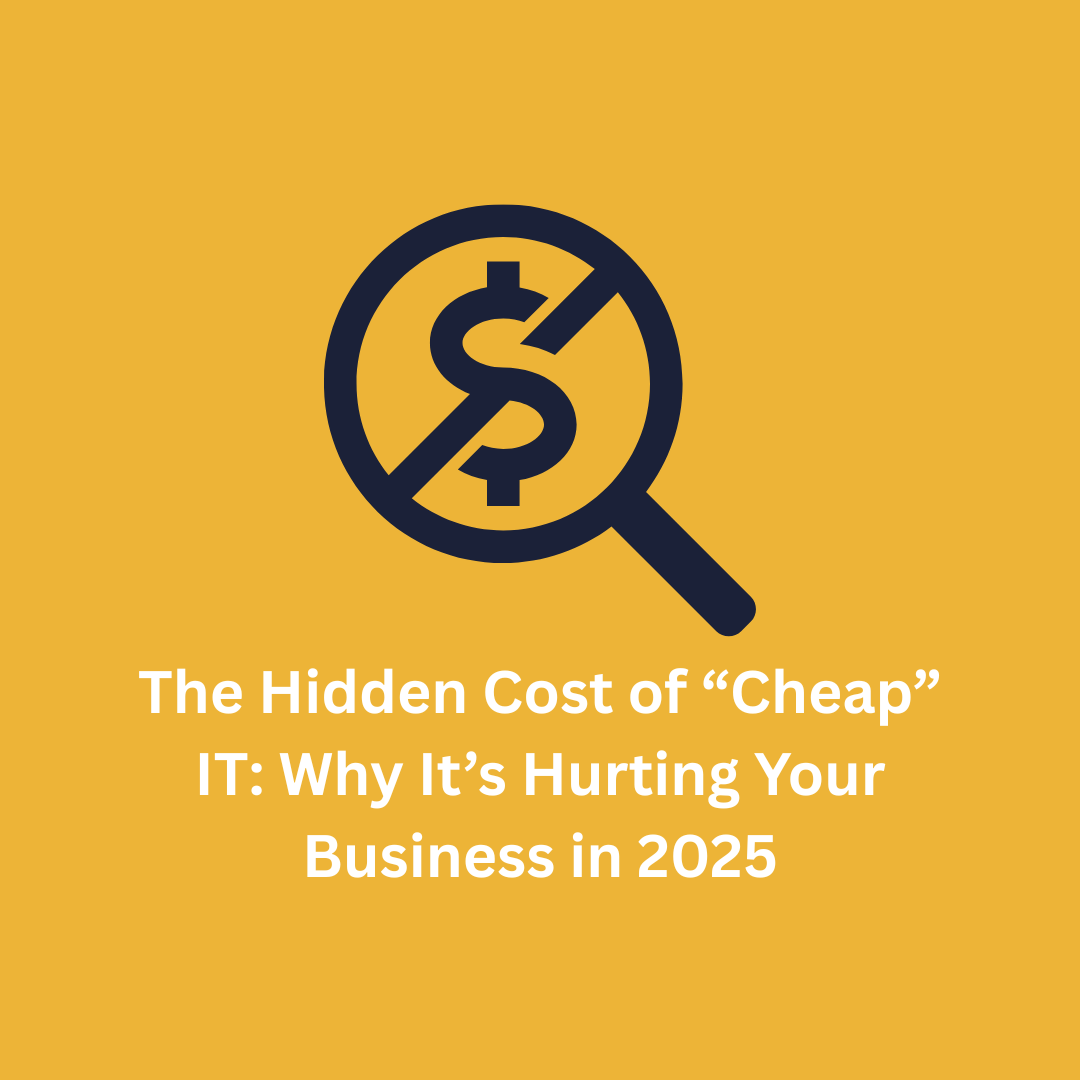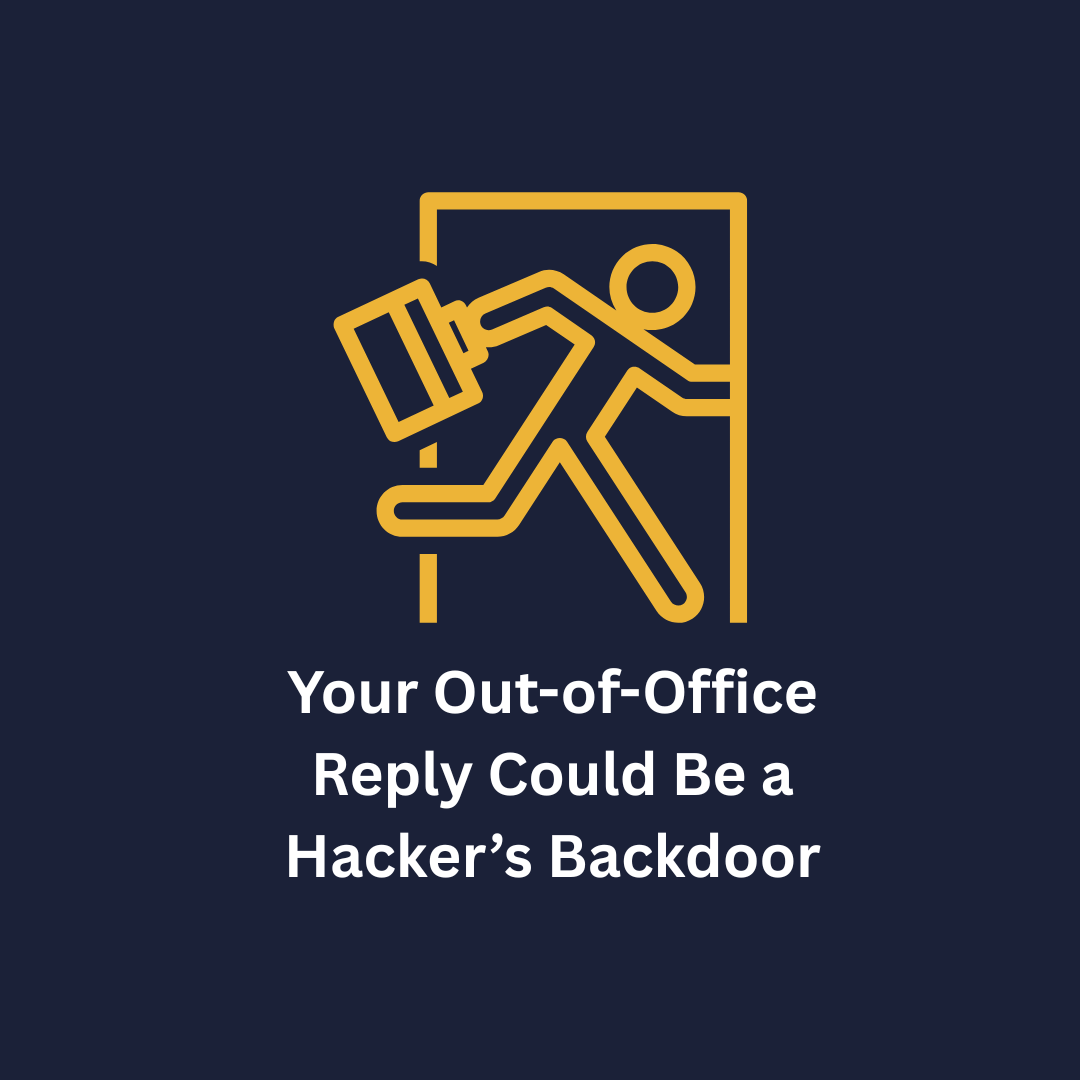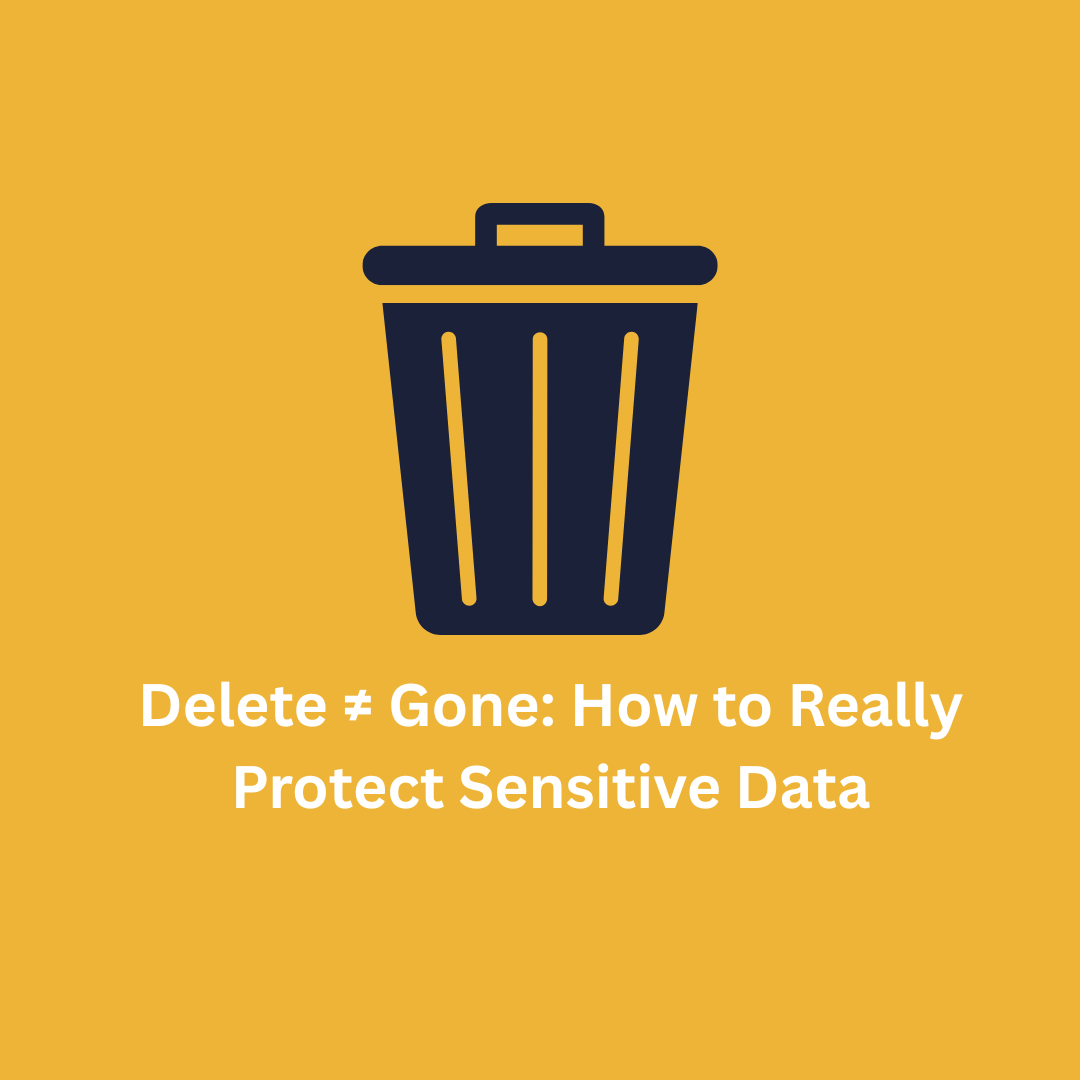Don’t Become a Cyber-Victim
Online scams can cause a lot of damage to your personal and financial security. Here are a few tips to help you avoid getting swindled online:
#1 Method scammers use is E-mail:
- Be careful of any unsolicited emails or texts that ask you to click on a link, open an attachment, or provide your personal and/or financial information. These could be phishing attempts that try to steal your passwords, account numbers, or identity. If you receive this kind of message, do not click on any links or attachments, and do not reply to or call any numbers. Instead, delete the message or mark it as spam. If you think the message might be from a legitimate organization, contact them directly using their official website or a phone number you trust, but not the one provided in the message. Scammers typically copy logos and other identifiers to fool you into falling into their trap.
If a seller demands you pay in an unusual way, it is a BIG RED FLAG:
- Do not pay anyone who demands payment in an unusual way such as cryptocurrency, wire transfers, gift cards, or payment apps. Scammers use these methods to avoid being tracked by the authorities therefore giving you NO way to get your money refunded. Honest businesses and organizations will not ask you to pay in these ways. If the payment method seems suspicious, especially if they pressure you to act quickly, it is most likely a scam.
Do your due diligence as both a Buyer and Seller:
- Do your research before you buy or sell anything online. Make sure you are dealing with a reputable seller and/or website. Check the reviews, ratings, and contact information of the seller and/or website. Still be skeptical of online reviews that seem to be too “glowing.” There are such things as fake reviews. Compare the prices and features of the product and/or service with other sources. If the offer seems too good to be true, it probably is. If you are selling something online, do not accept a payment that is more than the agreed price, and do not ship the item until you receive full payment.
Keep your private information private:
- Keep your devices and accounts secure. Use strong passwords and change them regularly. Use different passwords for different accounts. Use antivirus software and update it regularly. (Good antivirus will update itself automatically.) Use a firewall and a secure network. Do not use public Wi-Fi or public computers for sensitive transactions. Do not share your devices or accounts with anyone you do not trust. Log out of your accounts when you are done. Be careful of what you download or install on your devices. Do not let anyone on your devices that you do not know.
- For extra security, you may use multi-factor authentication. Some types of accounts require it. Remember that only you will ever have a legitimate need for this type of code. No legitimate representative of a bank or any other company will ever ask for them, so do not share these with anyone.
Conclusion:
These are just a few tips you can use to avoid getting scammed. However, criminals are always concocting new and clever ways to trick people, so be alert and cautious when using the Internet. If you suspect fraud, report it to the Federal Trade Commission at ReportFraud.ftc.gov.
Bonus Tips:
- If you suspect that you have been defrauded by a cybercriminal, contact your bank, credit card company, and/or other relevant institutions as soon as possible.
- Frequently check your credit reports for any signs of identity theft.
- Remember, your best defense against cybercriminals is your own common sense and vigilance. Stay safe! If you have any questions please call us TODAY, at 877-686-6642!


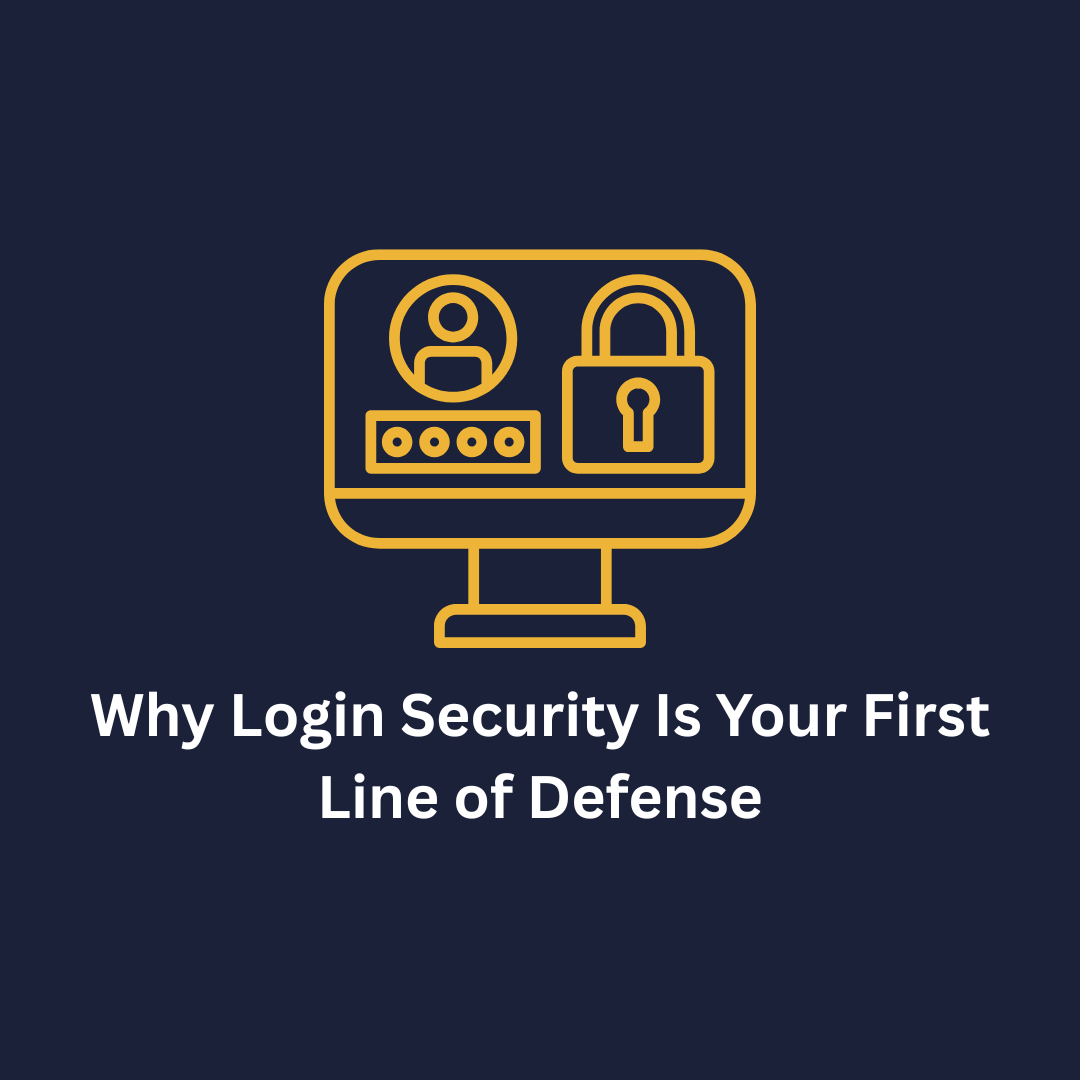
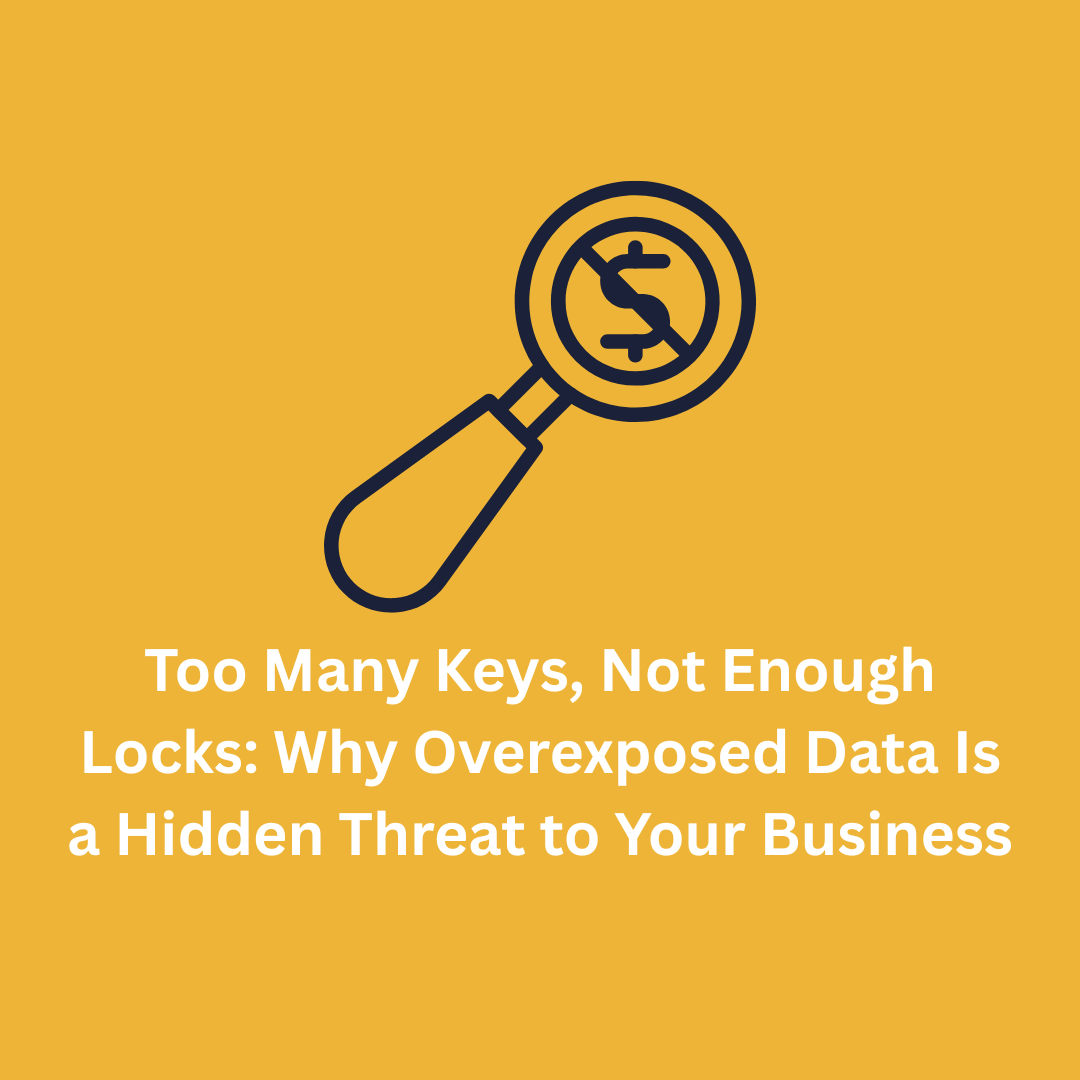

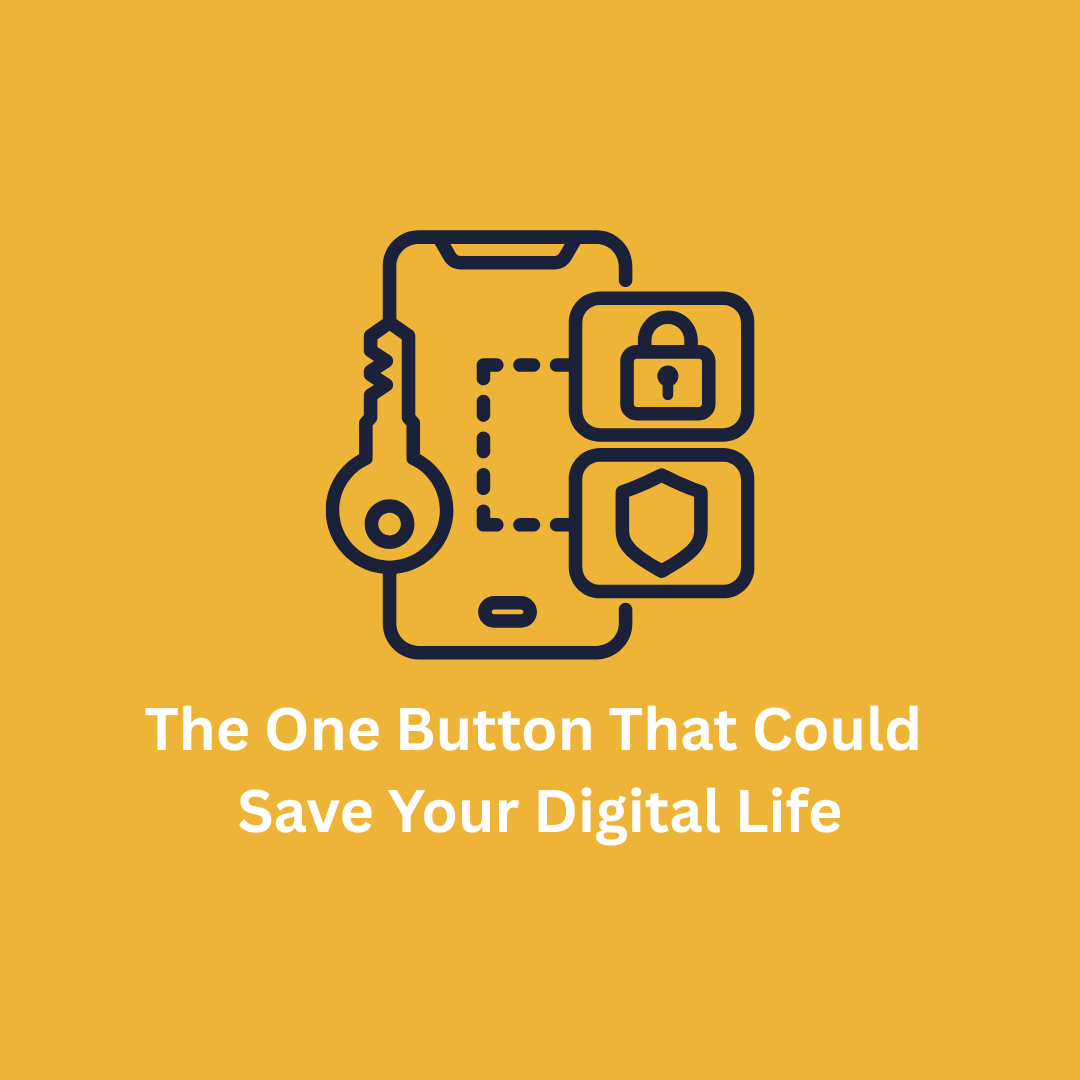
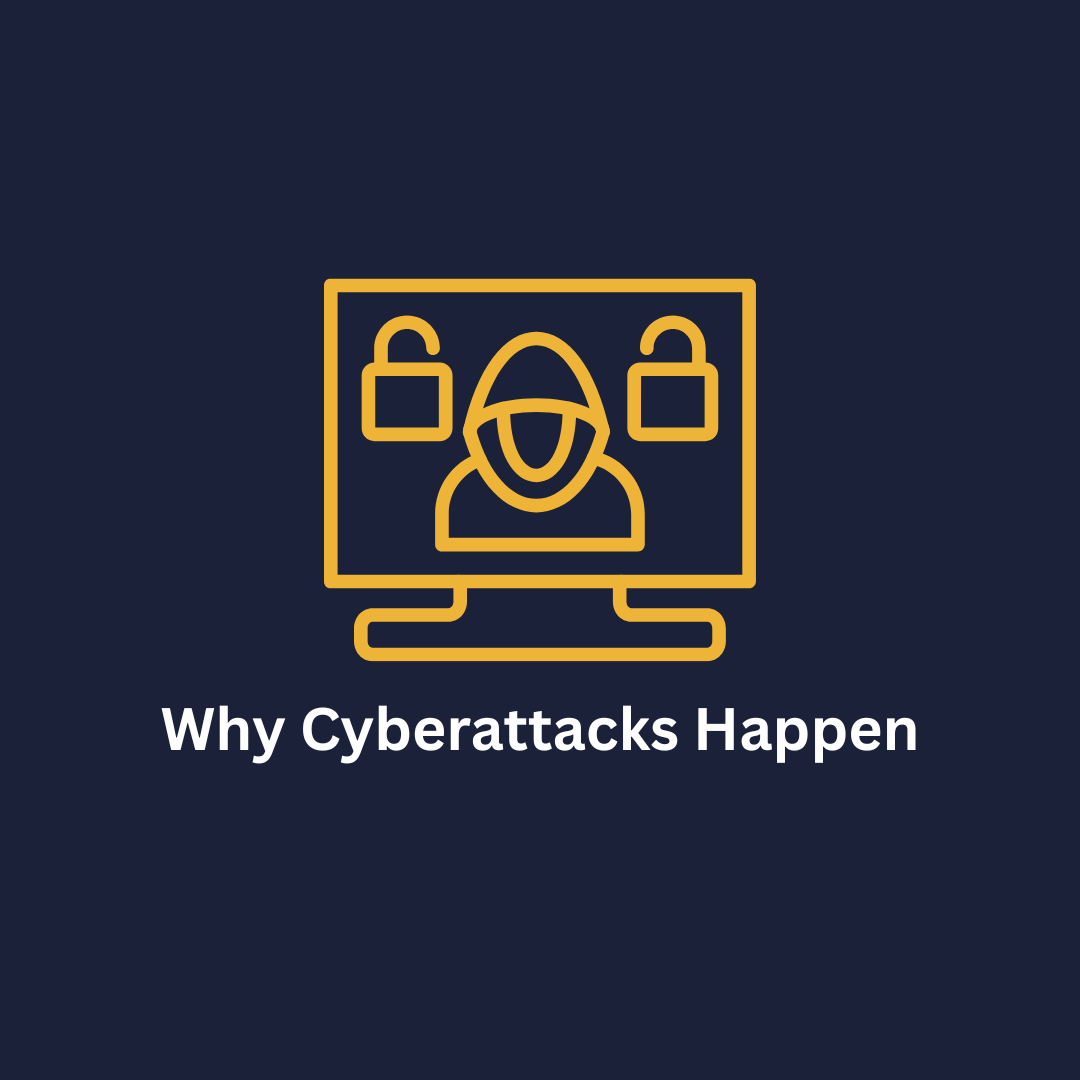

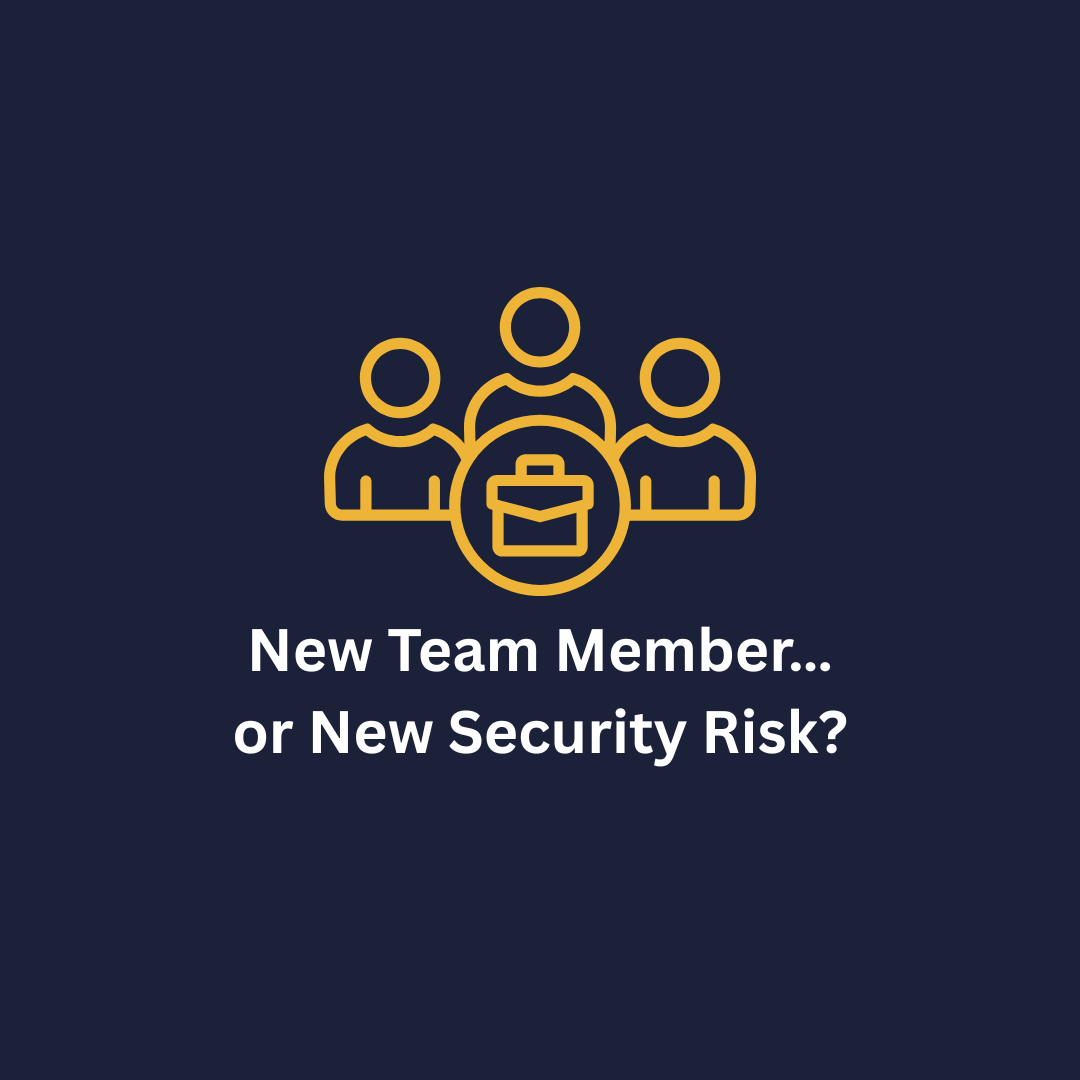
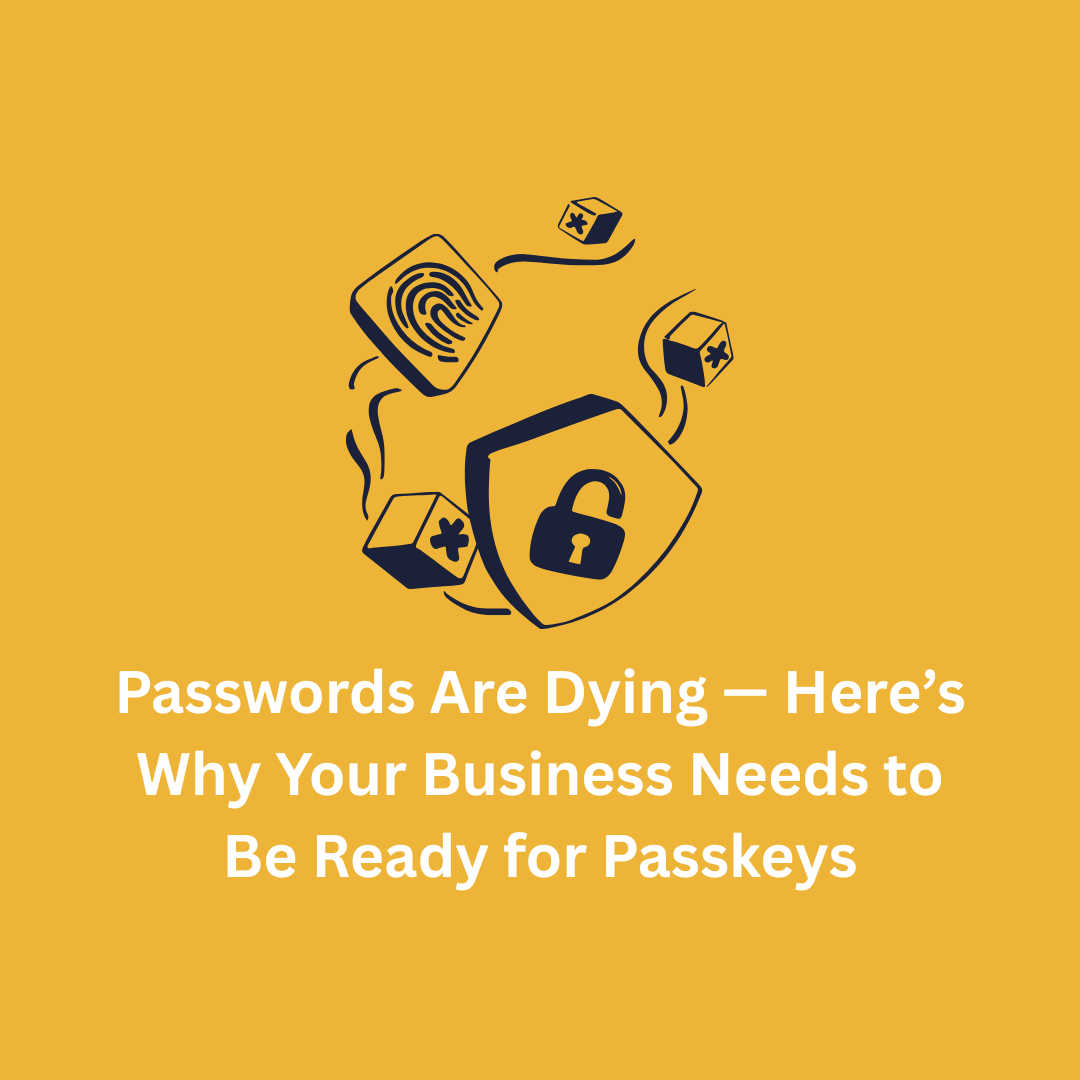
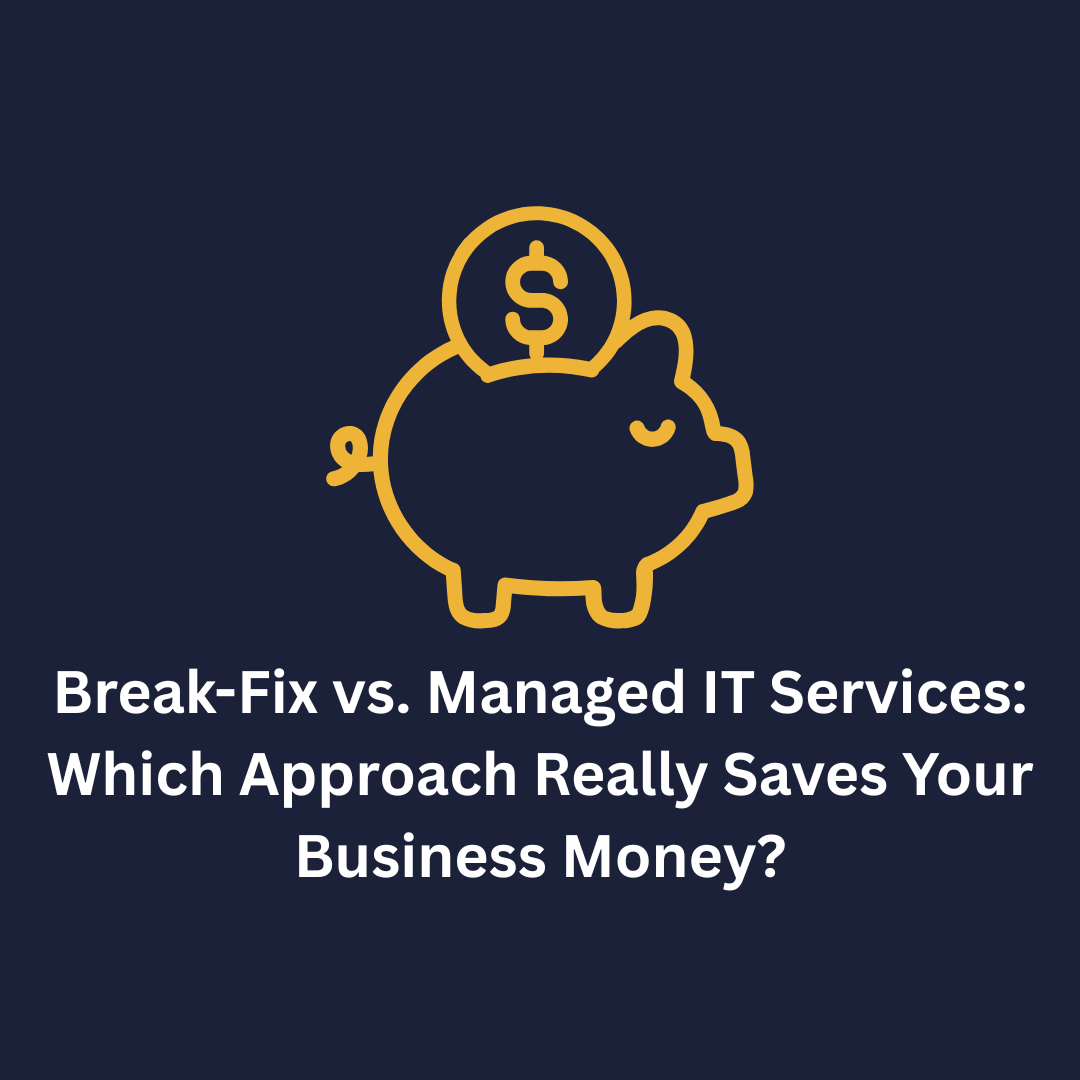
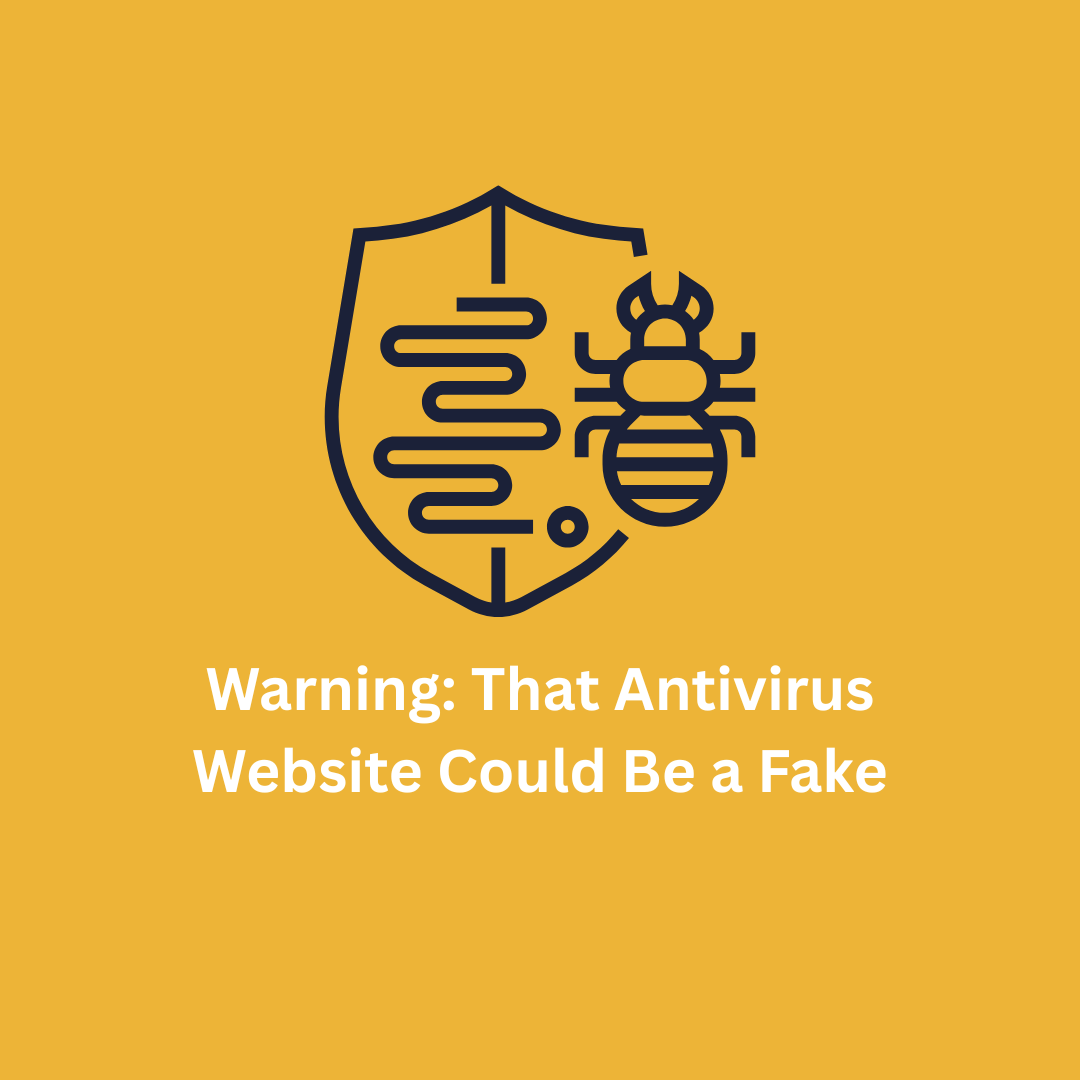


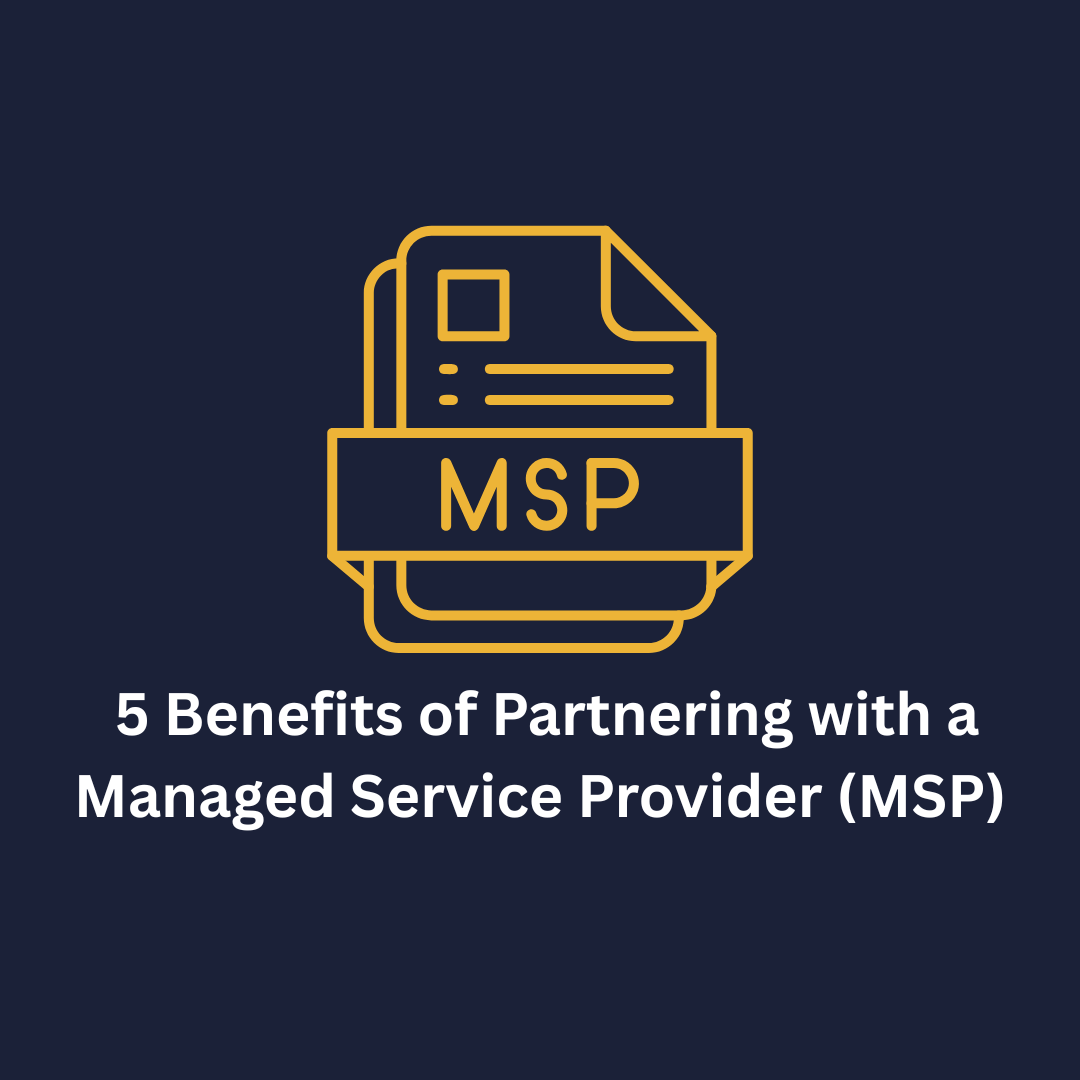
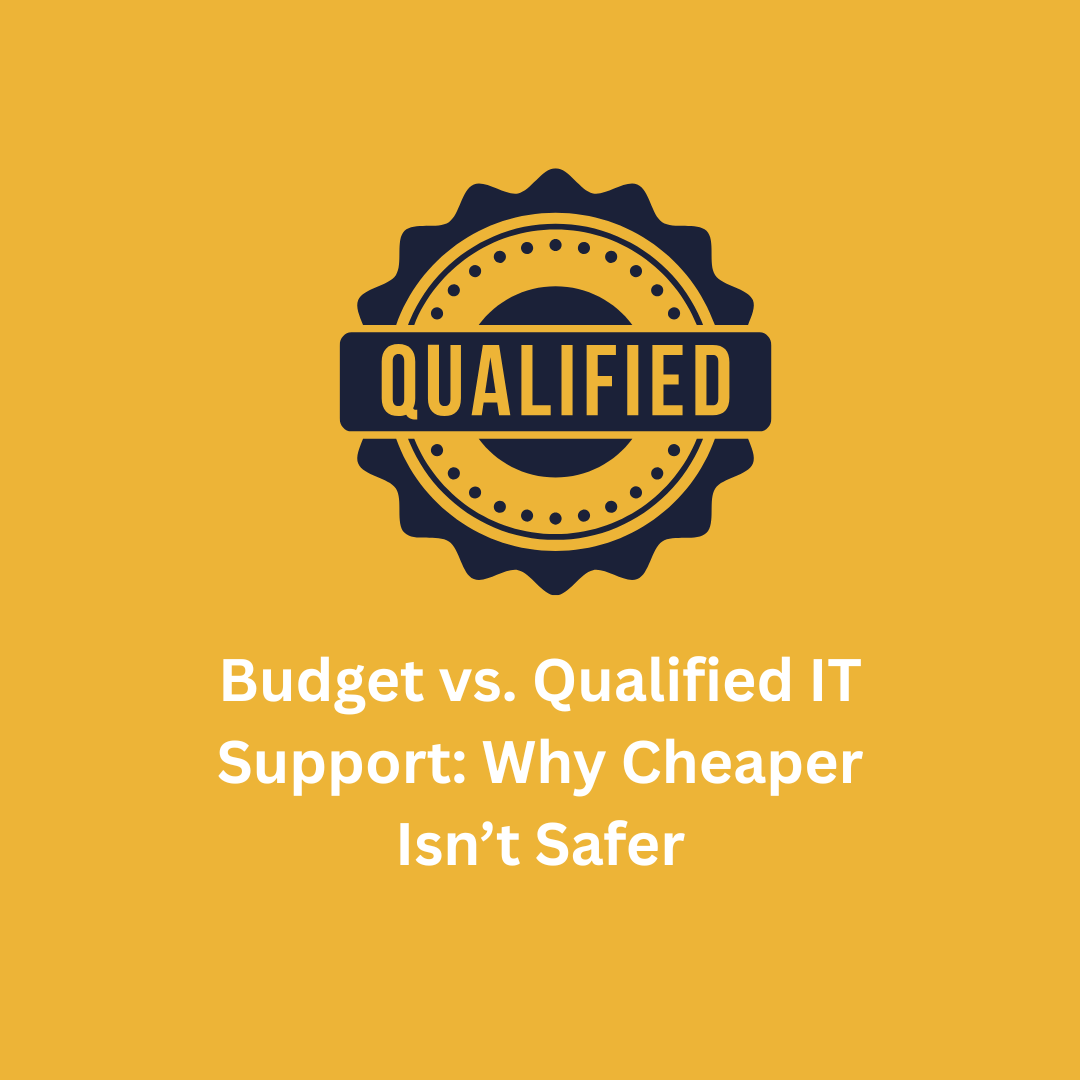


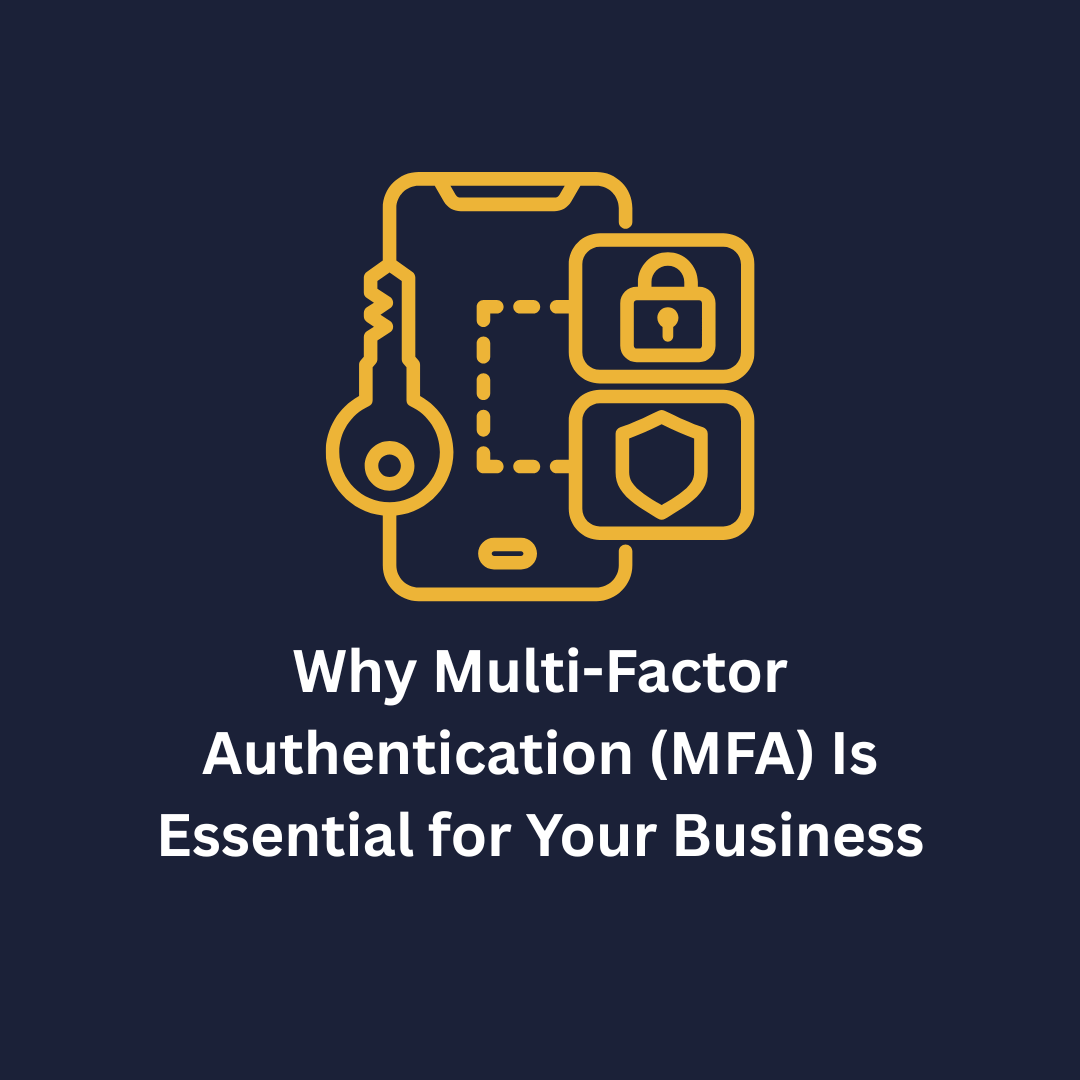
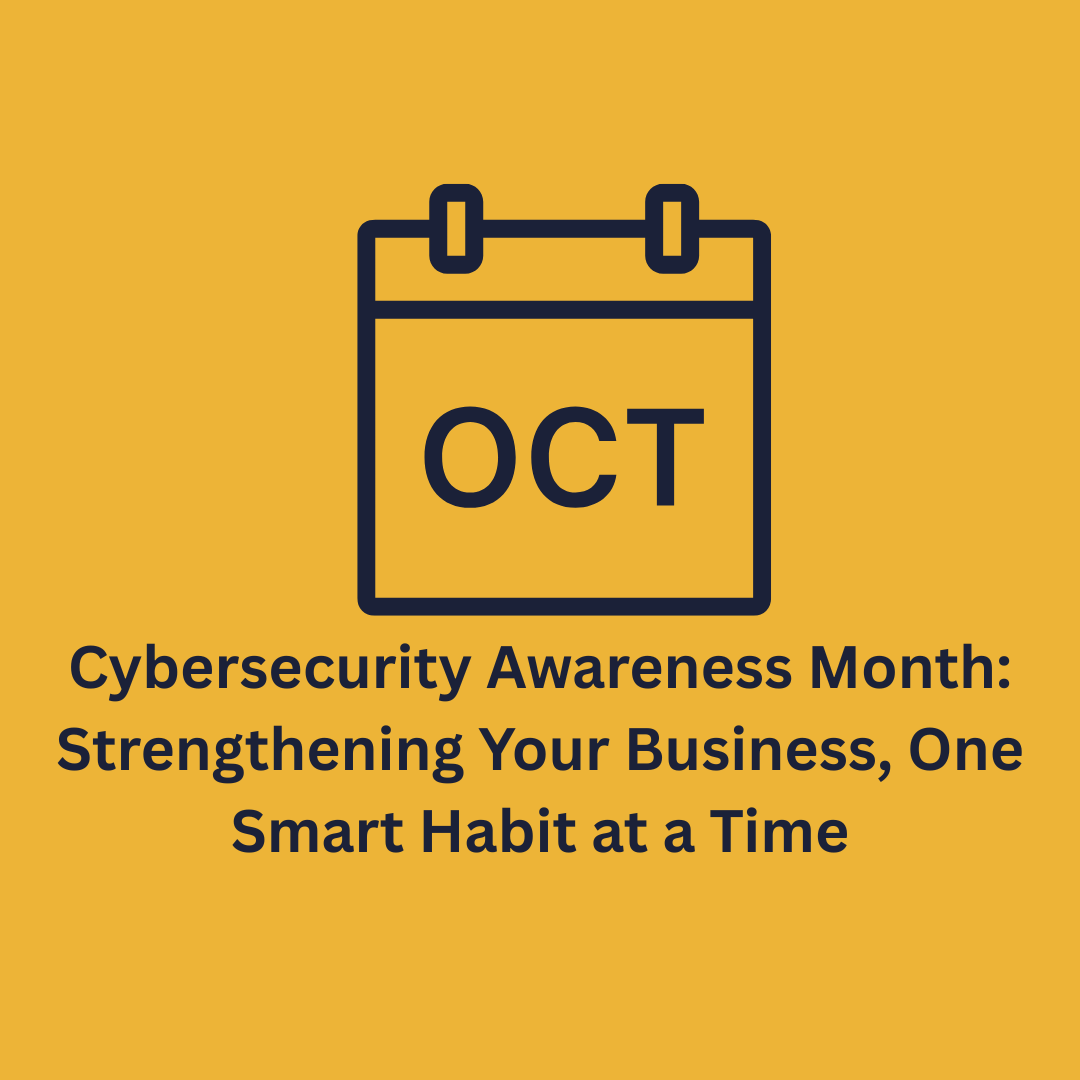

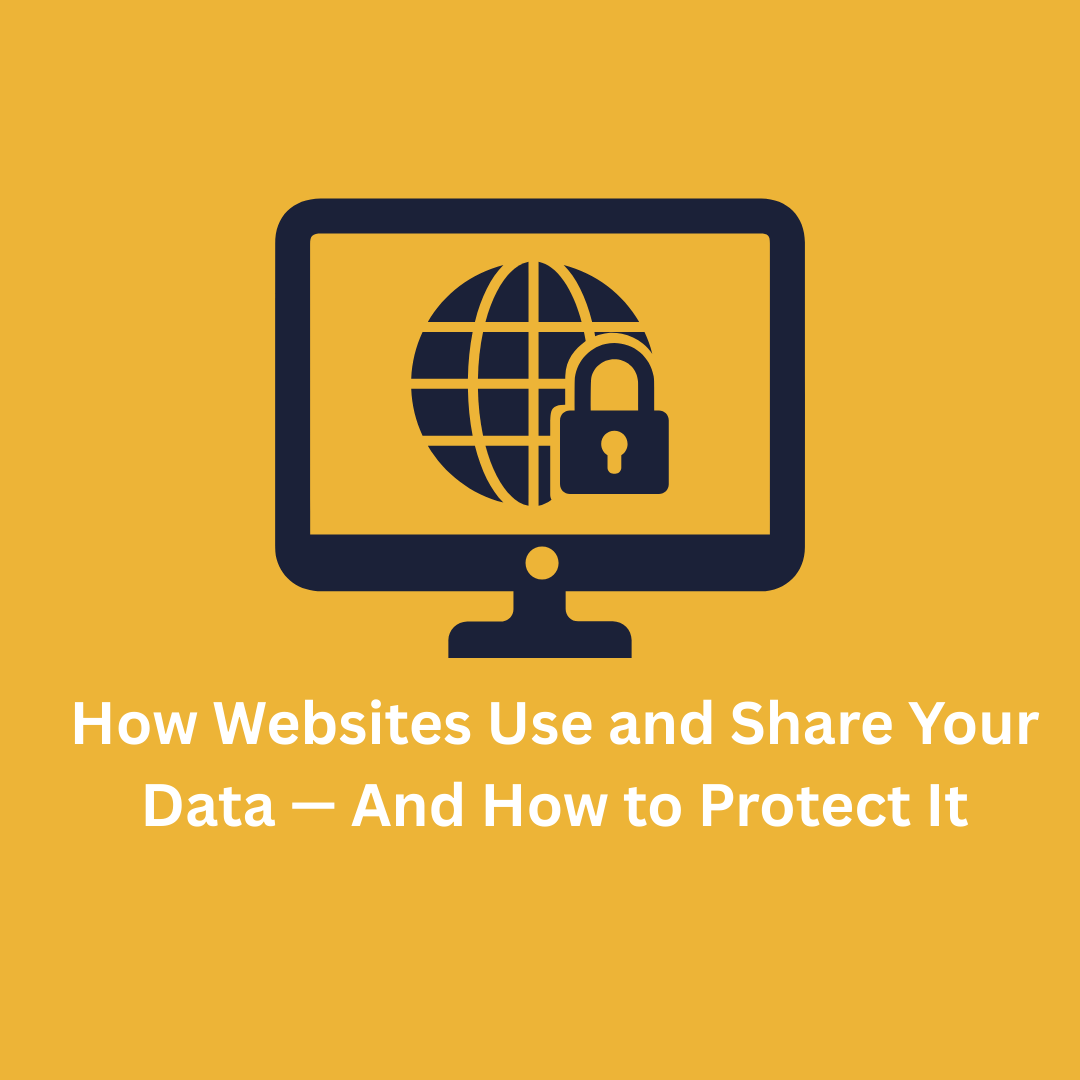


.png)

